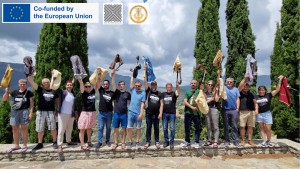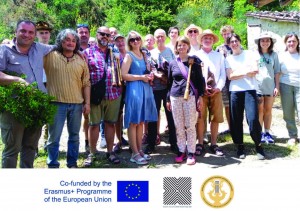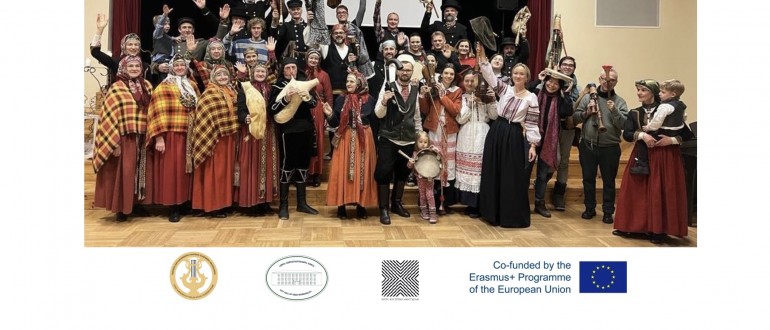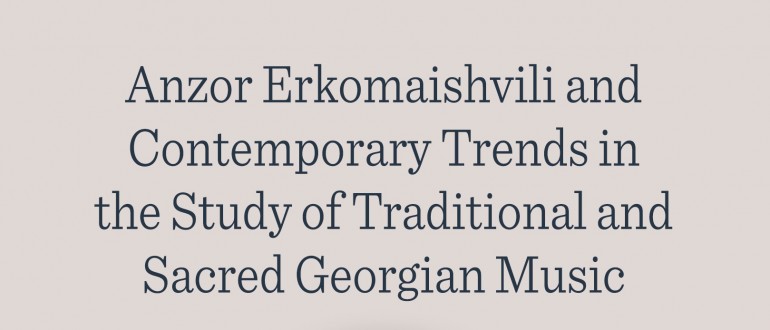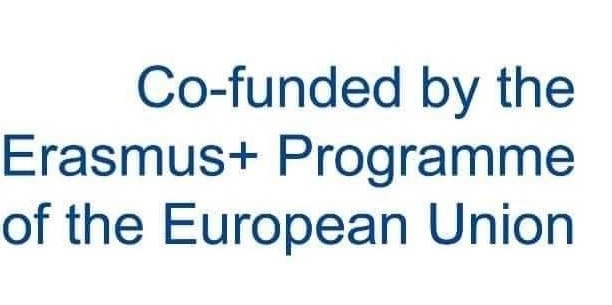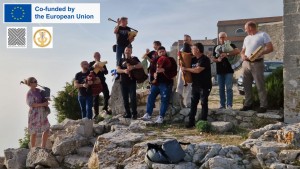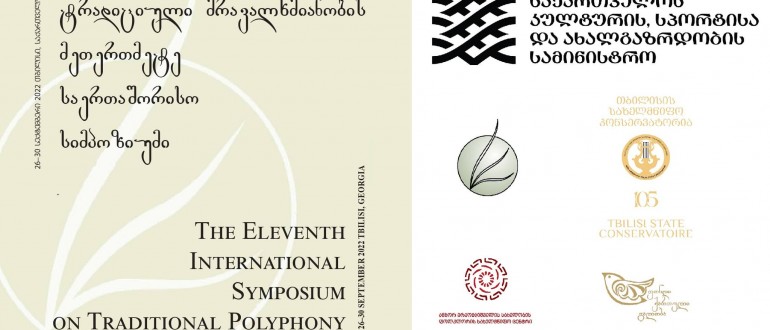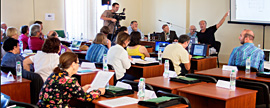Introduction to Computational Ethnomusicology
A 3-days, hands-on workshop in Tbilisi
Sep. 20-22, 2023
Lecturer team: Frank Scherbaum, Nana Mzhavanadze,
David Shugliashvili, Levan Shugliashvili
Computational ethnomusicology (CE) is the application of computer science and computational methods to the study of music in diverse cultural contexts. It aims to analyze, represent, and understand musical traditions and practices through the use of computational tools and algorithms, such as machine learning and data analysis. The goal of computational ethnomusicology is to enhance the understanding of music across cultures and to provide new insights into the structure, meaning, and social aspects of music.
The aim of this three-day workshop is to provide basic practical experience in the use of computer tools for the study of Traditional Georgian Vocal Music. The central theme of the workshop will be the “Analysis of the tonal organization (tuning system) from audio recordings”.
The first day will consist of a crash course on the state-of-science regarding the acoustic and perceptual properties of sound, with special emphasis on “pitch” and “pitch determination”. For the second day, it is planned that participants will make their own recordings of a Georgian three-part song, which will then be analyzed from different perspectives. On the third day, the results of the analysis of the recording experiment will be discussed, and finally, selected past and current projects on the study of traditional Georgian music using computer tools will be presented.
The workshop is intended for participants with basic computer skills who can bring their own computer (as well as headphones) and the willingness to engage with a highly interdisciplinary topic that touches upon music, acoustics, ethnomusicology and computer science. The workshop is limited to a maximum of 10 participants. To apply to participate, please send
- a) an email with your resume (CV) and
- b) a letter explaining your motivation and experience to fs@geo.uni-potsdam.de and polyphony@tsc.edu.ge not later than May 31, 2023.


